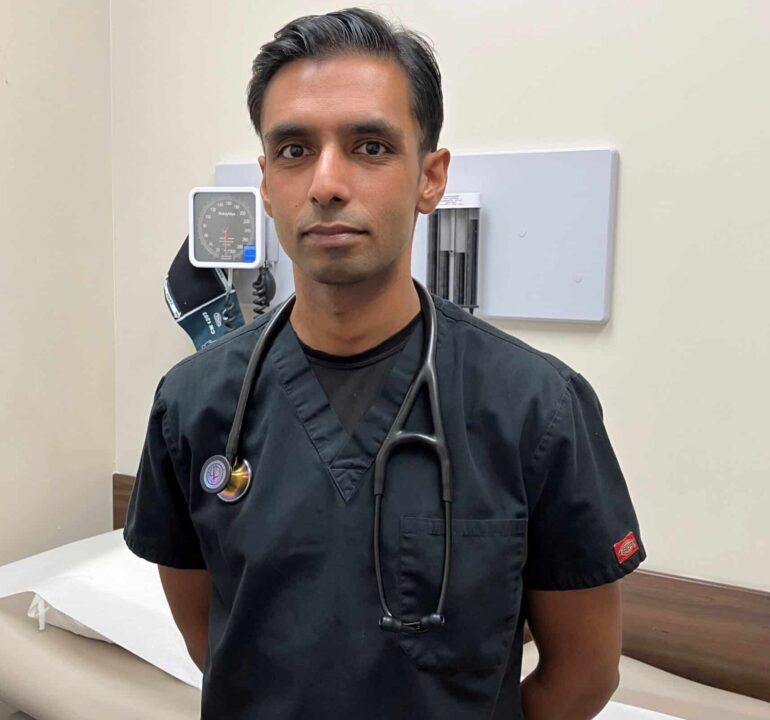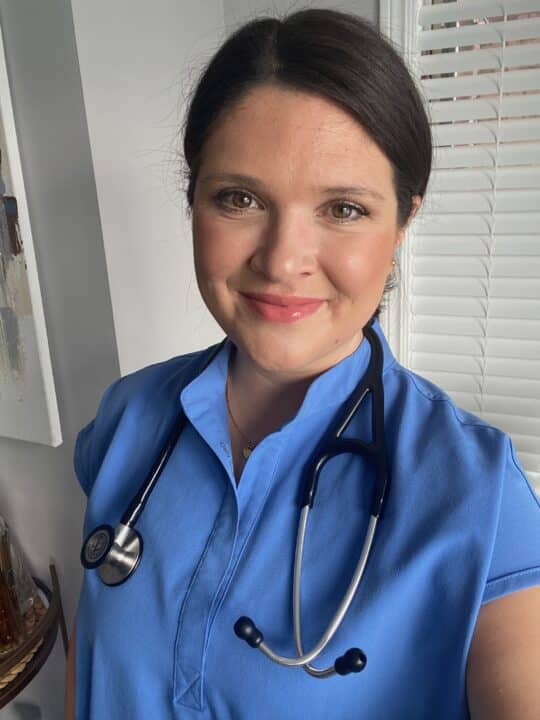According to the Canadian Medical Association, less than one per cent of Canadian physicians identify as Indigenous. In response to the Truth and Reconciliation Commission’s calls to action, medical schools across the country, including those in Ontario, have pledged to increase enrollment of Indigenous students.
Dr. Chase McMurren is a Michif (Métis) family physician leader, recently transitioning from his role as Theme Lead for Indigenous Health in the MD program at the University of Toronto (UofT). In his role at UofT, he had curricular oversight for Indigenous health content for the entire medical program, supported current Indigenous medical learners and chaired the Indigenous Student Application Program (ISAP).
It was during a geriatric medicine rotation during residency that Dr. McMurran first heard the saying, ‘nothing about us without us.’ At its core, this means recognizing that individuals have the deepest understanding of their own needs and those of their communities. Their lived experience and insights should inform the design of community services, rather than being overshadowed by decisions made without their involvement.
Dr. McMurran emphasizes that this same commitment must be made to Indigenous people, who are directly affected by the health-care programs and services being created, and the curriculums being taught. When Indigenous voices are heard and their perspectives are valued, it leads to more relevant and effective solutions and ensures they can actively participate in shaping the supports designed for their communities.
For Dr. McMurren, a powerful way to support Indigenous patients in primary care is to add Indigenous Patient Navigators to team-based care models and hospitals. Integrating Indigenous Navigators into care teams strengthens cultural safety and improves care for Indigenous patients. Their knowledge of both the health-care system and Indigenous traditions such as talking circles, and other important practices, allows them to guide, advocate, and shape services that truly reflect the needs of the communities they serve.
It is through this lens that Dr. McMurren mentors, teaches, and creates curriculum for the next generation of family physicians who are deeply attuned to the needs of the communities they serve.








